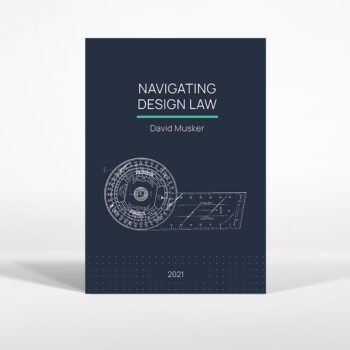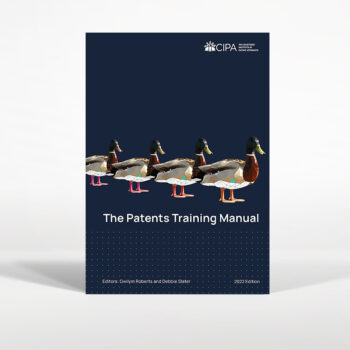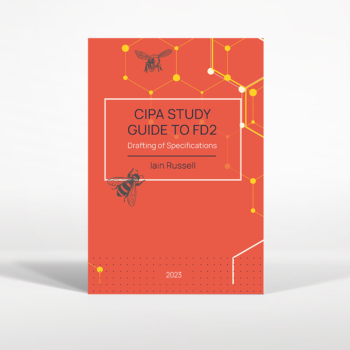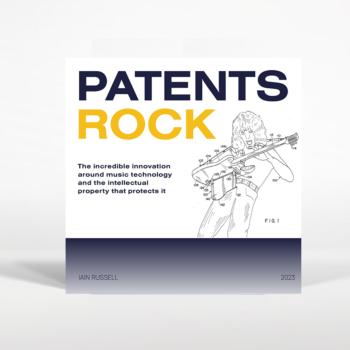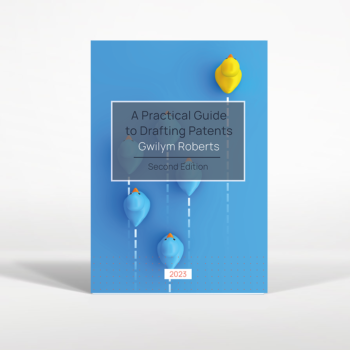The start of 2022 brought distressing news from Ukraine, with Russia instigating military conflict leading to a new refugee crisis. We have attempted to maintain communications with the profession in Ukraine, offer support in terms of helping those fleeing the conflict to find sponsoring families in the UK and for Ukrainian attorneys to temporarily join CIPA. We have also worked with IPReg and CITMA to offer guidance to members on sanctions. This has not been an easy task given that policy decisions are made long before the detailed implementation is known, and in the context of turmoil in government leading to a revolving door of ministers responsible for both policy and implementation.
We now know that the UPC will open its doors for the first time in 2023, with the UPC Agreement expected to come into force on 1 April (no jokes, please). We have immediately started work on the visa question, though the UPC Agreement makes it clear that countries hosting a court must provide access to European Patent Attorneys. We have also provided a series of webinars for members on the UPC and are in the process of launching a promotional video, setting out the benefits of using a UK patent attorney. Less clear at the time of writing is the situation regarding secure sign-on to the UPC CMS and the digital signing of documents. We will be writing to the UPC Preparatory Committee again, setting out our concerns, particularly in relation to the opt-out period commencing before the CMS has proven to be fully operational.
By this time in my presentations at regional meetings I am feeling a little exhausted discussing the campaigning and representative work that CIPA has been involved in and I turn my mind to some of my highlights. It has been a delight to watch the IP paralegal community flourish following the Bye-laws change in 2018 which saw the IP Paralegal membership category launch in 2019. We are about to welcome our 500th IP Paralegal member, which is amazing. With the need to cancel CIPA Congress following the sad news of the death of Her Majesty Queen Elizabeth II, the IP Paralegal Conference became our first major post-pandemic event, and what an amazing gig it was.
New committees are just like busses, you spend years waiting for one and then three come along in quick succession. The Diversity and Inclusion Committee, led by Greg Iceton, hit the ground running early in 2022 and will complement the excellent work started by IP Inclusive in this important area for the profession. A new European Liaison Committee, under Chris Mercer, will ensure that CIPA’s links across the continent are strong as we develop our strategy for Europe with the UK having left the EU. The recently launched Sustainability Committee, chaired by Alicia Instone, has the task of helping CIPA become more environmentally focussed and, in doing so, help share best practice in sustainability across patent attorney firms.
It has been really refreshing having the Honorary Secretary of the Informals on Council, making sure that the voice of our student body is heard. This led to the inaugural Student Conference in 2022, a brilliant event in Birmingham with content tailored to the needs of our students. With the Informals now being a part of ‘big CIPA’, I hope to see us do more for our student members, building on the success of the Student Conference.
It would be remiss of me to not include Two IPs in a Pod in my highlights, CIPA’s award-winning podcast.
We took a little break over the summer and October has been a hectic month, with the return of our own conferences and regional events and overseas visits in Asia, the US and Canada, but the Two IPs will return as November brings a slightly less busy schedule within which Gwilym Roberts and I can catch up with some old friends and introduce new guests to the world of IP podcasting.
In closing, November is AGM time, when we elect Officers and Council members to serve a three-year term from 1 January 2023. We said thanks to Alasdair Poore for his term as President, and to Alicia Instone who completes her term as Immediate Past President at the end of the year. Congratulations to Daniel Chew, who becomes CIPA’s first Asian President on 1 January, and to Matt Dixon, who will serve as Vice-President.
Will Burrell, Alicia Instone, Rob Jackson, Parminder Lally, Suzanne Oliver, Debbie Slater, Sheila Wallace and Simon Wright were elected to serve on Council for a three-year term commencing 1 January 2023. Will, Suzanne and Debbie have been elected to Council for the first time. Alicia, Rob, Parminder, Sheila and Simon have been re-elected to Council.
This means that sadly we will see John Brown and Tim Jackson leave Council at the end of the year. Both John and Tim have made huge contributions to the work of Council and it will be sad saying farewell (but not goodbye) in December. Seán Harte was also unsuccessful this time in seeking election to Council.
It was a very competitive ballot and there was a significant increase in members voting, with a 22% turnout. CIPA prides itself on being a democratic professional body and we could not achieve this without members standing for election to Council, so thank you all.
Lee Davies
Date Published: 7 November 2022






